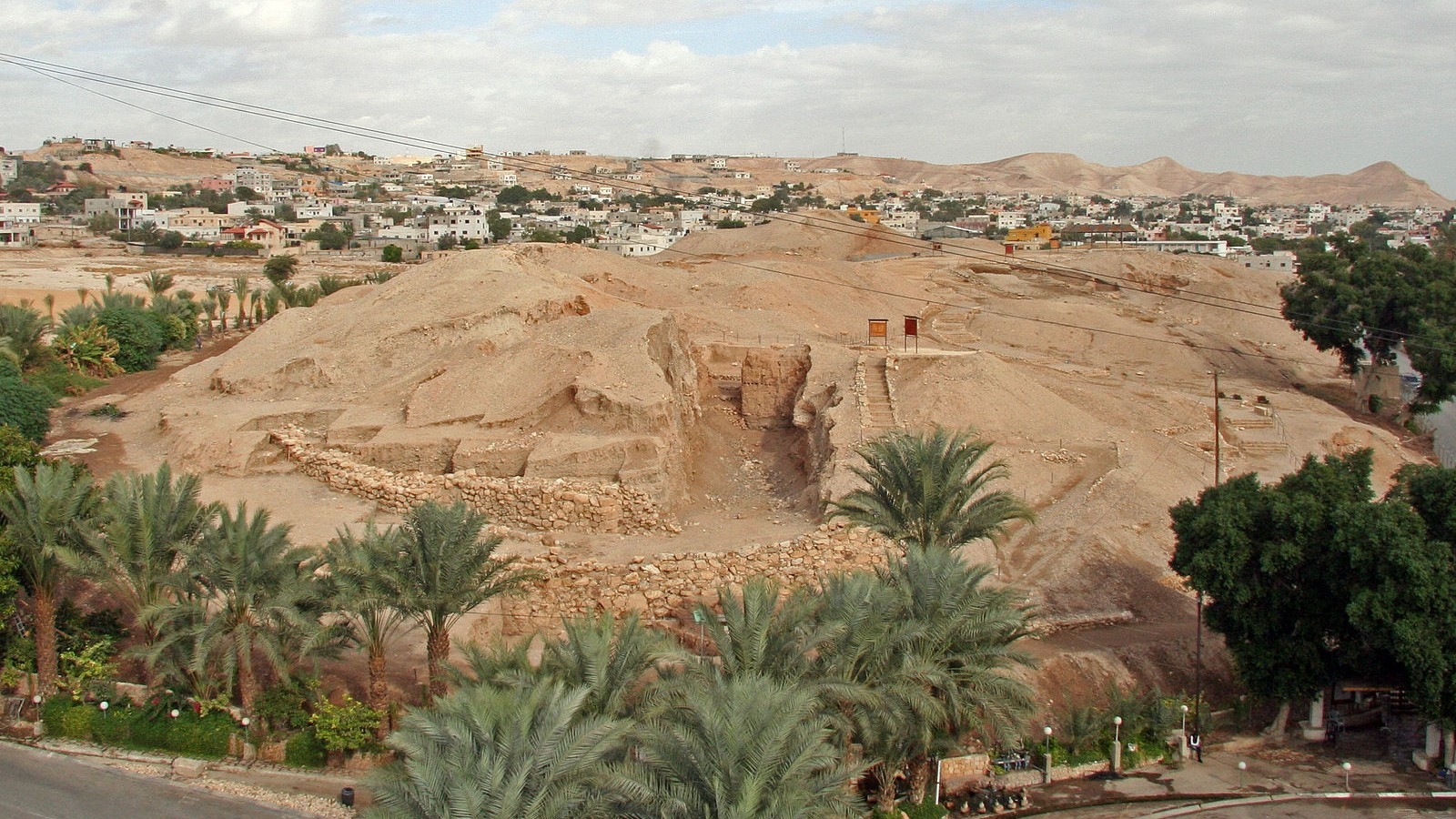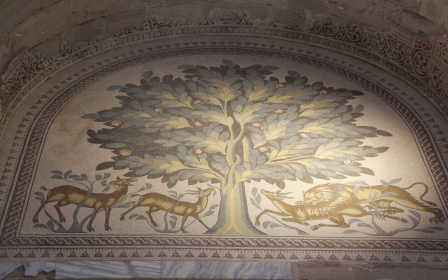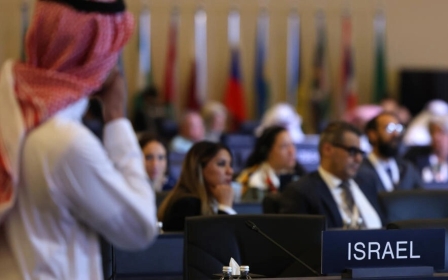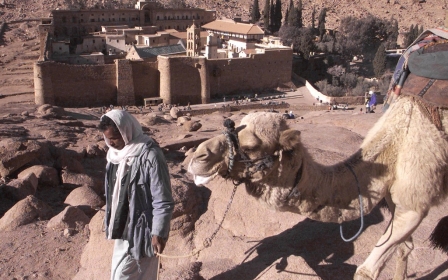Palestine: Pre-historic Tell al-Sultan site added to world heritage list

The United Nations cultural organisation on Sunday added the Tell al-Sultan site, near the Palestinian city of Jericho in the occupied West Bank, to its world heritage list.
The site, located in the Jordan Valley, is believed to predate the pyramids of Egypt and consists of an oval-shaped mound that contains prehistoric deposits and artefacts.
Tell al-Sultan is believed to be one of the oldest fortified cities in the world, with skulls and statues previously found on the site. One of the most iconic features of the historical site is the Neolithic era tower, which showcases an internal stairway that is dated at least 8,000 BCE.
Bronze age archaeological material discovered on the premise have led experts to believe that there were signs of urban planning. There is also a Roman era wine press and pre-Neolithic pottery at the site.
The pre-historic city is also home to the well-known Hisham's Palace mosaic, an Umayyad castle dated to the mid-eighth century. The palace was built during the rule of the Umayyad Caliph Hisham ibn Abdul Malik (724-743 CE) and is notable for its intricate structural design and elaborate interiors, which borrows from the region's pre-Islamic Byzantine rulers.
New MEE newsletter: Jerusalem Dispatch
Sign up to get the latest insights and analysis on Israel-Palestine, alongside Turkey Unpacked and other MEE newsletters
The palace, which features one of the world's largest floor mosaics, was used by the Umayyads as a resting place during the winter months.
The decision to designate Tell al-Sultan under the world heritage list was announced on X, the platform formerly known as Twitter. Decision makers discussed the designation at the 45th world heritage committee meeting held in Saudi Arabia's Riyadh.
According to Palestine's tourism minister, Rula Maayah, the listing of the site is integral, as it shows the "diverse Palestinian heritage" that "is of exceptional human value".
Palestinian President Mahmoud Abbas said he considered the decision "a matter of great importance and evidence of the authenticity and history of the Palestinian people".
He vowed that the Palestinian authorities would "continue to preserve this unique site for all humanity", according to a statement from his office.
Middle East Eye delivers independent and unrivalled coverage and analysis of the Middle East, North Africa and beyond. To learn more about republishing this content and the associated fees, please fill out this form. More about MEE can be found here.




